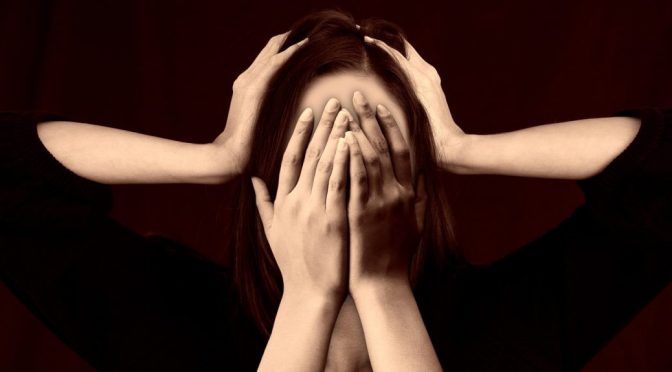The shift from pathologising terms like mental illness, disorder, nervous breakdown, has been gradual, and we are seeing more reference to mental health and wellbeing, differences, spectrum diversity etc. This has been a long time coming, since from 1-in-4 to 1-in-3 of us will experience a mental health condition or episode in our lives, if not more of us.
What keeps us from giving up?
The very tools of survival that I’ve learned to use to attempt to thrive rather than just die or dive back under the duvet covers actually aid all of us. They’re very basic, and not pharmaceutical, though some are chemical – or at least release the endorphins (endolphins as I like to call them) and oxytocin type chemistry that aids wellbeing.
When speaking at an event in London last weekend, I was asked how, “how do you keep going, how do you remain strong?” The answer, for me at least, is that I’m stubborn! Practically speaking, though, I talk and walk, and when it’s going well, I walk the talk.
Caring Talk Saves Lives
I talk to people, I talk to myself, to my thoughts – giving them voice and an opinion (but no power) at the table in my head, and I talk to my diary. Well, I write, I reflect, I repeat – yes, I realise that circumstances, feelings, moods, anxieties, they come round in repeating circles, and I begin to recognise that I survive, that I’m still here, despite my best efforts to end that.
I also walk, I get outside as often as I can. Although, that’s not often enough as insomnia and mood disorders often keep me in bed half the day. Inertia destroys all my best intentions. Last weekend, though, I managed something rare, to swim twice and walk 5 miles in a day, taking in my environment and the beauty of the world around me. Fresh air and exercise help, if only we can kick the black dog off long enough to get outside.
Being bipolar, my mood can shift drastically and quickly in the same day. I’ve learnt to be kind to myself, and to forgive, be in the moment, and treat or reward myself for getting stuff done that would otherwise pile up and compound my anxiety.
Laughter is good medicine
I’ve also learned to both respect my mental health conditions, and to healthily take the piss out of them – not others, not the suffering, not the issues, but to occasionally make light of them so that they have less of a hold over me.
Speaking of laughter – Stephen Fry has said of suicide:
“There is no ‘why’, it’s not the right question. There’s no reason. If there were a reason for it, you could reason someone out of it, and you could tell them why they shouldn’t take their own life”
He is spot on. Although every story is different, mine nearly ended 5 years ago, but I am happy to be here now.
Seek help
Seeking help early before one is neither in the mood or position to seek help is important. Sadly, waiting lists are such that it can be a year or more wait for short dose CBT and that is often such a sticking plaster rather than a long-term improvement to wellbeing or coping.
I’m back in therapy for the second time in ten years, and it feels incredibly healthy. It’s not a sign of failure but of active involvement in one’s own health management.
MAD, BAD, GAD, and quite possibly SAD
I seem to collect three-letter-acronym conditions, so that I’ve been diagnosed with multiple Affective and Anxiety Disorders. Their intensity varies and sometimes I’m the boss, sometimes they try to be. Again, a diary helps me see that I do bounce (well hobble) back eventually, and they never, any longer, keep me down permanently.
Again, a diary helps me see that I do bounce (well hobble) back eventually, and they never, any longer – I hope, keep me down permanently.

Amazing words, I can relate to it all. Its fantastic when someone can describe the feelings so well.